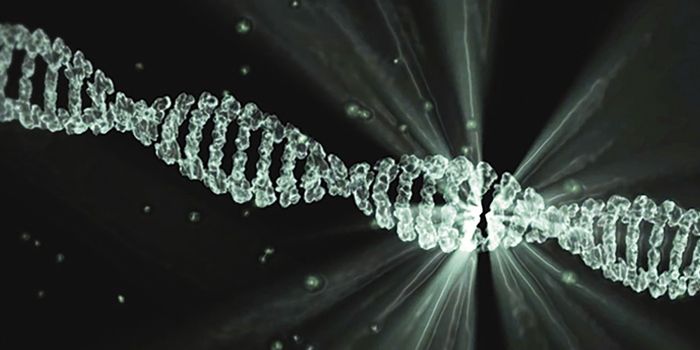Zika- and Dengue-Infected Humans are More Attractive to Mosquitoes
Researchers have found that when people have a Zika or dengue virus infection, they release a molecule that can attract mosquitoes. They also identified the chemical and used a mouse model to show that the release of it can be lowered with an available medication, which may reduce the spread of disease. The findings have been reported in Cell.
Mosquitoes transmit many different diseases, including dengue and Zika. These insects also seem to prefer to bite mice and humans that are already infected. When an uninfected mosquito bites an infected host, the mosquito is then also infected, spreading the disease even more.
The scientists found that individuals infected with Zika or dengue release abnormally high levels of a molecules called acetophenone. This compound, which can also be found in some cheeses and fruits, makes individuals tastier to mosquitoes.
"We found that flavivirus can utilize the increased release of acetophenone to help itself achieve its lifecycles more effectively by making their hosts more attractive to mosquito vectors," said corresponding study author Gong Cheng of Tsinghua University.
There is "a sophisticated interplay between hosts' skin microbiota, flaviviruses, and mosquitoes" that increases acetophenone levels, said Cheng.
Dengue and Zika are both types of flaviviruses. When a flavivirus infects a host cell, the virus seeks to take control of a host cell protein called RELMα, which is involved in regulating the skin microbiome. When the host cell is in charge, RELMα maintains lower levels of bacteria that generate acetophenone. However, when the virus takes over, the situation changes, allowing acetophenone-producing microbes to proliferate. That is how infected people start to smell and taste delicious to mosquitoes, promoting the spread of the viruses.
"Intriguingly, both dengue and Zika viruses promoted the proliferation of acetophenone-producing skin bacteria by suppressing the RELMα expression," Cheng explained.
The investigators then set out to learn more about RELMα, and consulted existing literature. This led them to test whether isotretinoin, a common acne medicine derived from vitamin A, might suppress acetophenone levels. It did.
A mouse model was exposed to mosquitoes, and given isotretinoin with their food. Mosquitoes bit infected mice treated with isotretinoin at the same rate as uninfected animals. In flavivirus-infected animals, isotretinoin treatment reshaped the skin microbiome, and lowered acetophenone production, said Cheng.
The researchers are planning to replicate these findings in humans by giving dengue patients isotretinoin. They also want to investigate acetophenone receptors in mosquitoes, and whether they can be removed through genetic engineering. The goal is to reduce the spread of flaviviruses.
Sources: Cell Press, Cell









